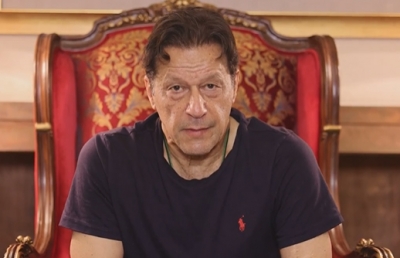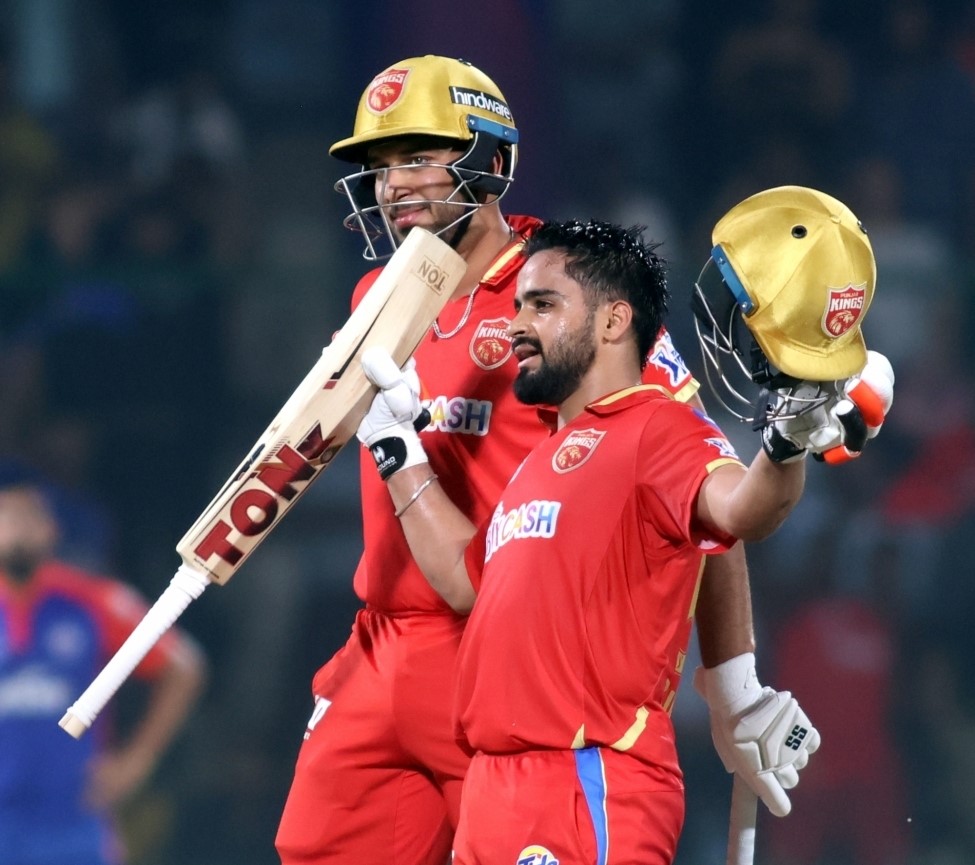Global ratings agency Moodys’ warned that Pakistan could default in case it fails to thrash out an agreement with the IMF over the bailout package…reports Asian Lite News
The arrest and subsequent release of former Pakistan Prime Minister Imran Khan in Islamabad which has already led to violence in several parts of the country, will further dent the crumbling economy. Economic growth will slow down as the arrest may even lead to a full-blown civil war.
“Forget about the economy for now…the Shehbaz Sharif government and other authorities will now be busy fighting the political crisis…nobody will have the time for economic well-being,” observed an analyst engaged with a global ratings agency.
Global ratings agency Moodys’ warned that Pakistan could default in case it fails to thrash out an agreement with the International Monetary Fund (IMF) over the bailout package.
Just last week, China’s Foreign Minister, Qin Gang during his visit to Pakistan said that stability is the premise of development, and that the South Asian nation must focus on building political consensus and uphold the economy.
“We sincerely hope the political forces in Pakistan will build consensus, uphold stability and more effectively address domestic and external challenges so it can focus on growing the economy,” Qin said at a press briefing. While Khan has been persistent in his demand for holding early general elections, the Sharif government has been in favour of postponing the polls.
The rise in political uncertainty prompted the Chinese embassy to shut down its consular section in February. Qin is not alone.
Alfred Grannas, Germany’s Ambassador to Islamabad, recently underlined the need for “political dialogue” while focusing on “stability” and the “greater good” of the country.
Last month, Sweden, in view of the deteriorating “security situation” decided to shut down its embassy “indefinitely”.
Pakistan’s economy has taken a beating over the years due to gross mismanagement and political instability. Currently the country is in the middle of an unprecedented crises—stretching from political, security to economic. Though Pakistan has been in negotiations with the IMF for months for the $6.5 billion loan package, the two are yet to strike a deal.
The moot question now is this: Will the IMF package get further delayed amid the political crisis?
The recent events seen as a major blow to the ruling alliance which was hoping to use the arrest to bolster its political capital but found itself on the defensive again, lamenting that the Pakistan Tehreek-e-Insaf (PTI) party once again got preferential treatment.
It has come as a huge setback for the government and the security establishment that the Supreme Court declared Imran Khan’s arrest illegal and ordered his release, Pakistani author Zahid Hussain writes in Dawn.
The court ruling came amid violent protests sweeping the country. The public reaction to Khan’s arrest has been unprecedented. Widespread violence paralysed life in major cities. With the situation going out of control of civilian law enforcement, the army was called in. Internet and social media services were suspended. The events of the past few days have pushed the country close to anarchy, Hussain wrote.
Imran Khan had repeatedly warned of a Sri Lankan kind of mass uprising. The PTI has demonstrated its capacity to mobilise street power, but it was certainly not a spontaneous outburst of public anger. The attacks on the military installations seemed pre-planned, Hussain wrote.
“Some leaked audio tapes appear to suggest that the attack on the Lahore corps commander’s official residence was led by local PTI leaders. The organised manner in which a fortified building in a top security zone was completely gutted indicates it was not just mob action. What is most curious is that there was no move to stop the attackers as they ransacked the place. The security detail had simply disappeared,” the article said.
“But the images of people ransacking the residence of a top regional commander and attacking military installations in various parts of the country without resistance presented a picture of a fractured state. The civilian administration seemed to have completely collapsed in the face of enraged mobs”, he added.
The author said what has transpired raises questions about Shehbaz Sharif’s capacity to provide leadership in times of crisis. It’s apparent that the coalition government with its dwindling support base is now completely dependent on the security establishment for its survival. With growing political instability, the role of the military will further increase. What we are witnessing is creeping army rule, Hussain said.
“The country today is more divided than ever. It’s an extremely perilous situation for a country facing multiple crises. Most worrisome is the looming collapse of the economy. With no agreement with the IMF in sight, the prospect of default is staring us in the face. Growing political instability will make it even more difficult for the government to get any external financial support needed to bail us out,” he added.
It’s not just the economy, but also the rising terrorist threat that has imperilled national security. The questionable legitimacy of the present dispensation has rendered the situation untenable. The reckless power struggle has eroded the writ of the state. With the country in the midst of an economic meltdown amid the faltering democratic political process, the prospect of a return of despotic rule is very real, Hussain said.
ALSO READ-Pakistan drifting away from Iran








